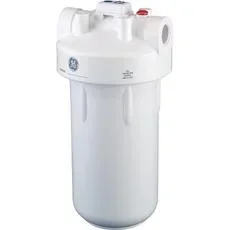The Mrs wants a whole house filter to get rid of the chlorine in our water. I see a bunch online. All I could find in a search was water softners which is not my issue.
I know nothing about these so appreciate some tips. I can sweat copper so not sure if there is more to installing than that.
Also trying to cut through the marketing crap and get the best value for our needs.
Appreciate it
I know nothing about these so appreciate some tips. I can sweat copper so not sure if there is more to installing than that.
Also trying to cut through the marketing crap and get the best value for our needs.
Appreciate it





